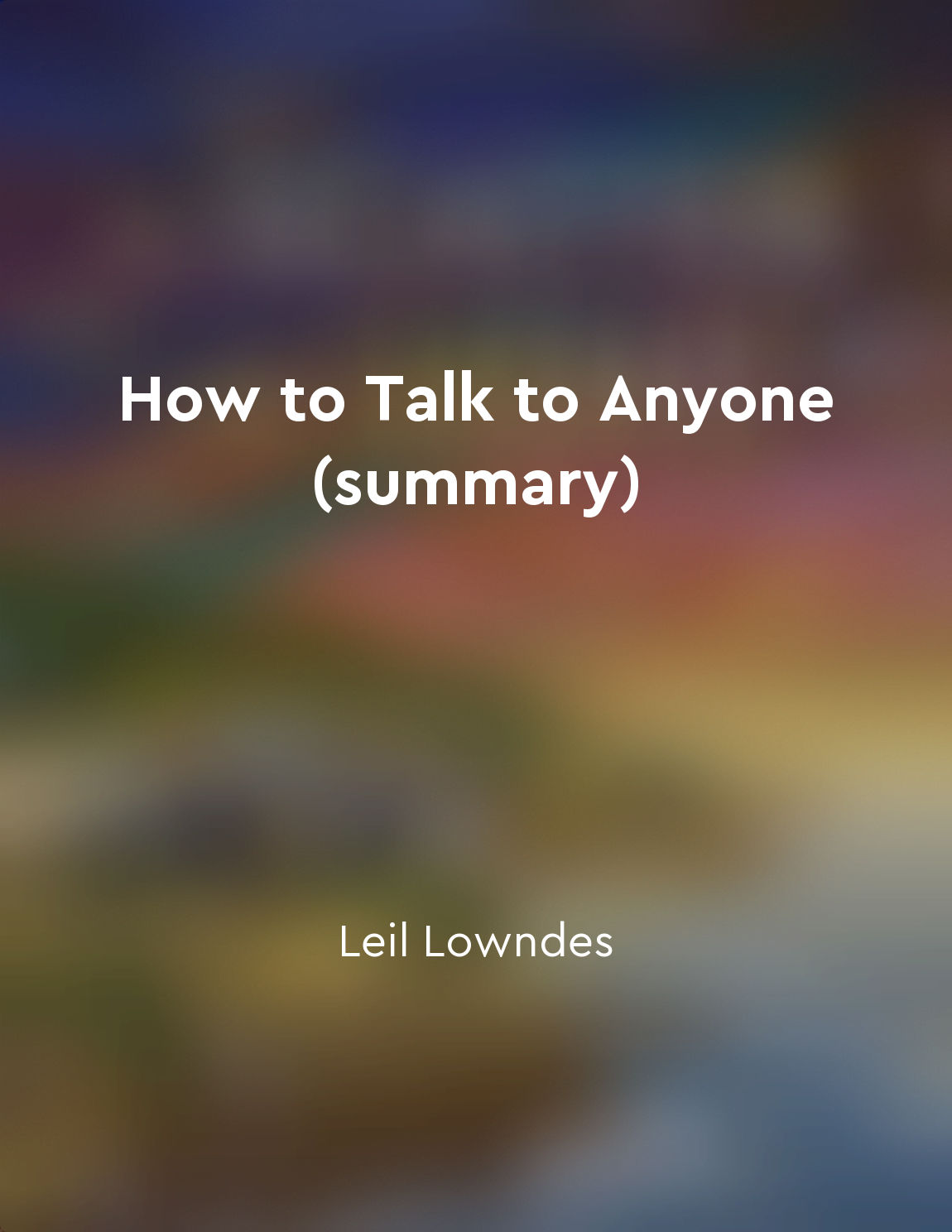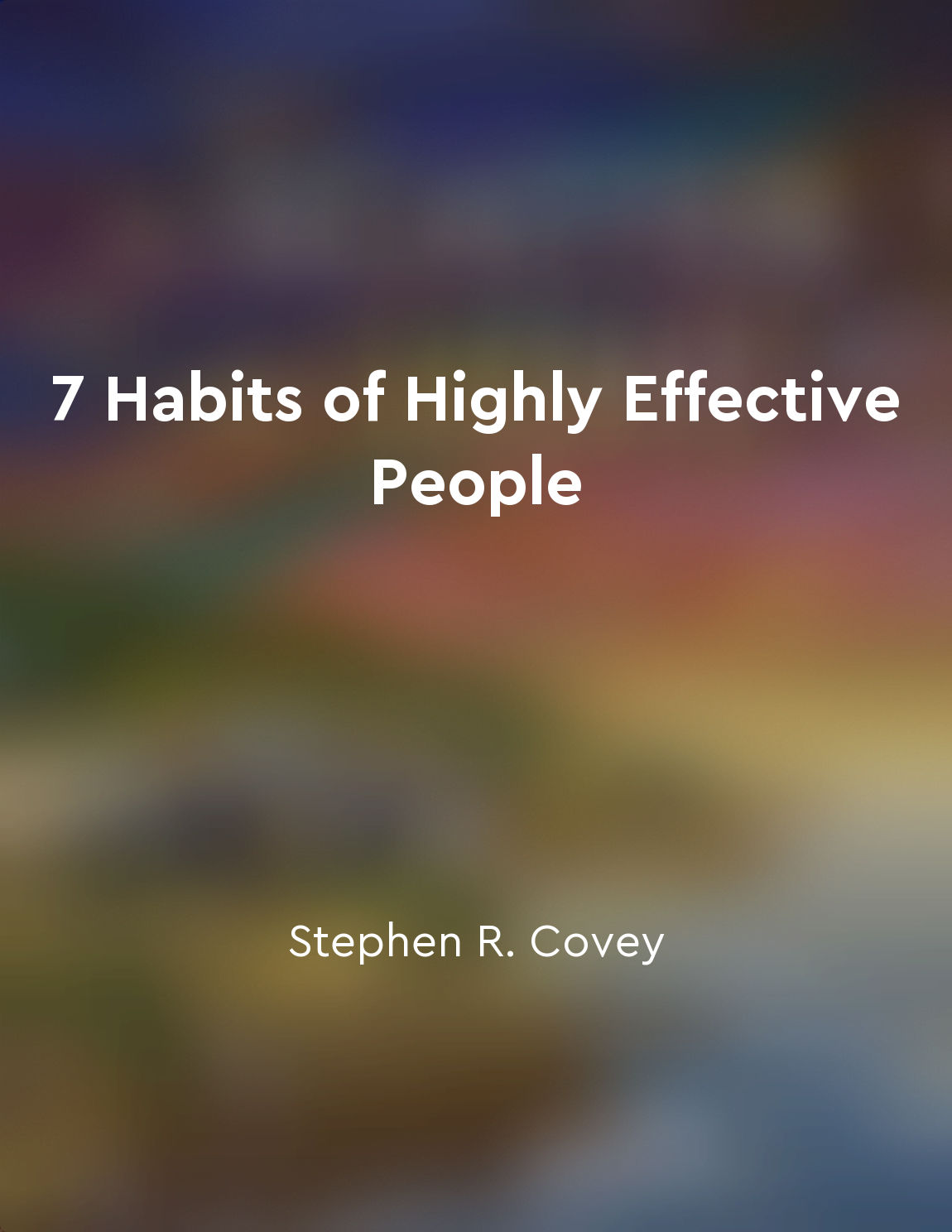Listening leads to more meaningful conversations from "summary" of You're Not Listening by Kate Murphy
Listening is a powerful tool that can transform conversations from mundane exchanges into meaningful interactions that leave a lasting impact. When we truly listen to someone, we are not just hearing their words; we are understanding their thoughts, emotions, and perspectives. This level of engagement creates a deeper connection between individuals and fosters genuine communication. By actively listening to others, we signal that we value their thoughts and feelings. This validation encourages them to open up and share more about themselves, leading to a more enriching conversation. When we listen attentively, we are able to pick up on subtle cues and nuances in the speaker's tone, body language, and choice of words. These details provide valuable insight into their underlying emotions and beliefs, allowing us to respond in a more empathetic and meaningful way. Furthermore, listening helps us to avoid misunderstandings and miscommunications that often arise when we are not fully engaged in a conversation. When we are focused on listening, we are less likely to jump to conclusions or make assumptions about what the other person is trying to convey. Instead, we seek clarification and ask thoughtful questions to ensure that we are truly understanding the speaker's perspective. In today's fast-paced world, where distractions abound and attention spans are dwindling, the art of listening is more important than ever. By honing our listening skills, we can cultivate deeper relationships, build trust, and create a more compassionate society. So, the next time you find yourself in a conversation, remember the power of listening – it has the potential to transform your interactions and leave a lasting impression on those around you.Similar Posts
Be adaptable and flexible in your interactions with others
Being adaptable and flexible in your interactions with others is crucial for building strong relationships and becoming a peopl...
Use silence effectively in conversations
Silence is a powerful tool in conversations. It can create tension, allow for reflection, and give the other person the opportu...
Consider the emotions of your audience
When you are trying to persuade someone, it is important to remember that people are not robots. They are driven by emotions, n...

Communicating your career goals shows ambition and drive
When you walk into an interview, you have a golden opportunity to showcase your ambition and drive. One of the most effective w...
Nonverbal cues can convey messages
Nonverbal cues play a significant role in communication, allowing individuals to convey messages without the use of words. Thes...

Use positive body language
To make a positive first impression, it's important to use positive body language. This means being mindful of your posture, ge...
Written communication should be professional and errorfree
In successful business communication, written messages must convey professionalism and accuracy. The importance of this cannot ...
Be mindful of timing when initiating conversations
Timing is everything when it comes to starting a conversation. You have to be aware of the situation and the person you are app...
Use transitions to guide your audience through your message
Transitions are crucial in guiding your audience through your message. They act as signposts that help your listeners navigate ...

Manage your time efficiently to maximize productivity
To be effective in managing your time and maximizing productivity, it is essential to first understand the difference between u...

